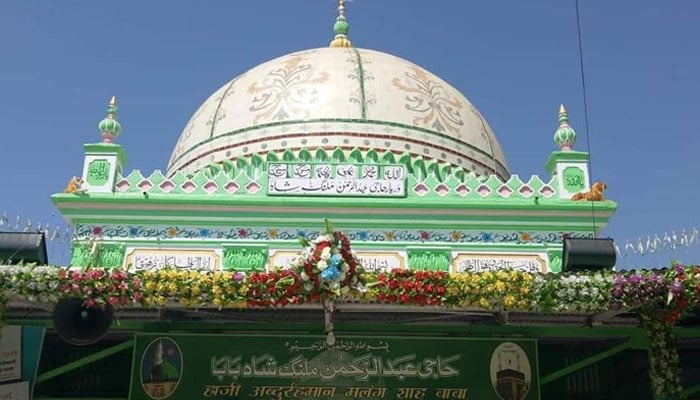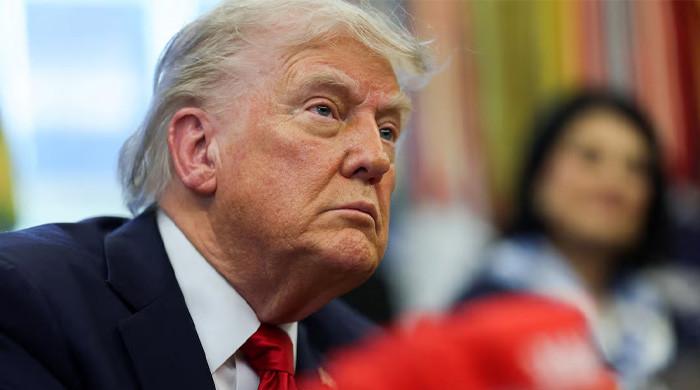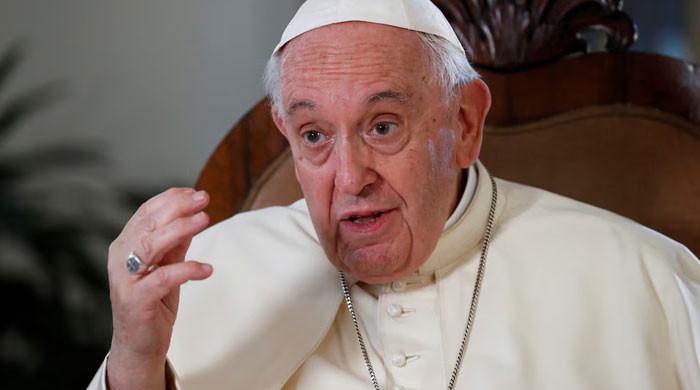Haji Malang Dargah 'on radar of Hindutva extremists' after Ram Mandir's opening
Haji Malang Dargah has long been claimed by Hindutva extremists clashing with Muslim worshippers in India
January 29, 2024

A prominent Indian political figure declared that he wished to "liberate" Haji Malang Dargah, a Sufi shrine that is visited by Indians of all religions, just for Hindus.
To learn more about the controversy, Cherylann Mollan of the BBC paid a visit to the shrine.
Reaching the coveted Sufi saint's tomb, which is now a site of disputed history, tradition, and faith, requires climbing approximately 1,500 stairs carved out of rock. It is not an easy undertaking.
Situated atop a hill near Mumbai in the western state of Maharashtra, the Haji Malang Dargah (shrine) is believed to contain the burial of an Arab missionary who arrived in India over 700 years ago.
Despite being at the core of a theological conflict, the dargah, like many other Sufi shrines across India, is seen as a symbol of absorption and tolerance.
At the saint's tomb when the BBC journalist visited, flowers and a chadar—a piece of fabric donated as a sign of respect in Sufi traditions—were being offered by Muslims and Hindus alike. It is believed that requests made with a "pure heart" will always come true.
This spirit of polite coexistence is reflected in the administrative board of the shrine, whose hereditary custodians are from a Hindu Brahmin family, although two of its trustees are Muslims.
However, at a political gathering earlier this month, Maharashtra Chief Minister Eknath Shinde sparked controversy by bringing up a long-forgotten assertion. He stated his intention to "liberating" the building, which is usually regarded as a dargah, and claimed that it is a Hindu temple.
In response to the BBC's request for comment, Shinde remained silent.
His assertion coincides with a period when certain well-known mosques and Muslim-built structures in India are embroiled in legal challenges over allegations that they were built by razing Hindu temples hundreds of years ago.
Anand Dighe, Shinde's political mentor, led an effort to "reclaim" the Haji Malang Dargah for Hindus in the 1980s. He is said to have led 20,000 Shiv Sena party workers in a pooja (a Hindu act of worship) inside the dargah in 1996.
Since then, the shrine has been the site of poojas on full moon days by Hindu hardliners, who call the structure Malanggad. This has periodically resulted in altercations with Muslim worshippers and townspeople.











